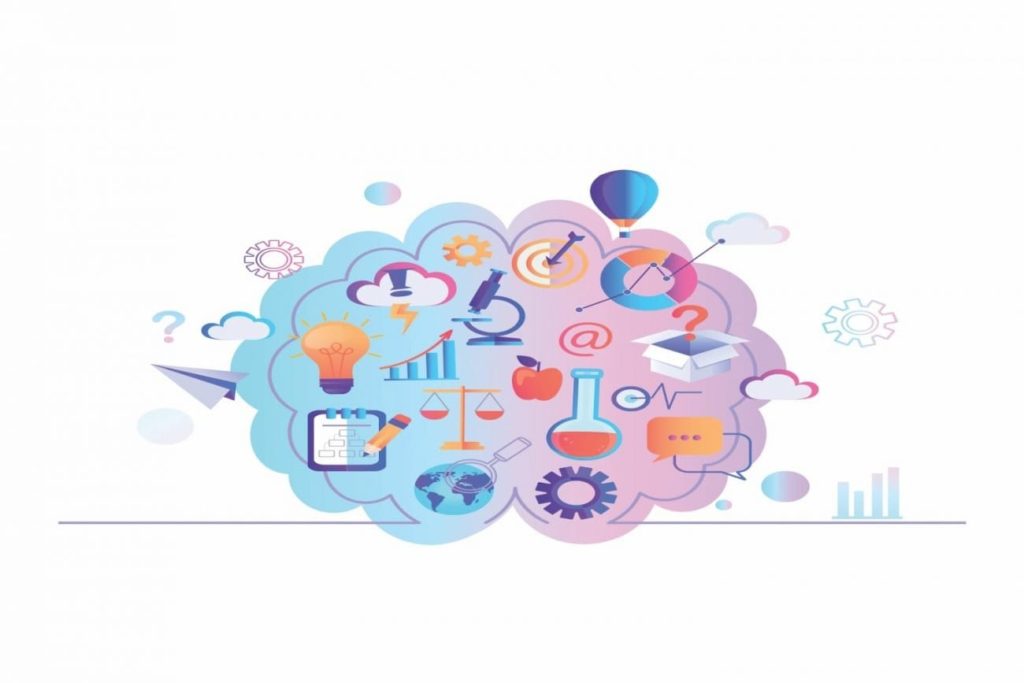From birth to age 5, a child’s brain develops more than at any other time in life. And early brain development has a lasting impact on a child’s ability to learn and succeed in school and life. The quality of a child’s experiences in the first few years of life – positive or negative – helps shape how their brain develops.
At birth, the average baby’s brain is about a quarter of the size of the average adult brain. Incredibly, it doubles in size in the first year. It keeps growing to about 80% of adult size by age 3 and 90% – nearly full grown – by age 5.
The brain is the command center of the human body. A newborn baby has all of the brain cells (neurons) they’ll have for the rest of their life, but it’s the connections between these cells that really make the brain work. Brain connections enable us to move, think, communicate and do just about everything. The early childhood years are crucial for making these connections. At least one million new neural connections (synapses) are made every second, more than at any other time in life.
Different areas of the brain are responsible for different abilities, like movement, language and emotion, and develop at different rates. Brain development builds on itself, as connections eventually link with each other in more complex ways. This enables the child to move and speak and think in more complex ways.
The early years are the best opportunity for a child’s brain to develop the connections they need to be healthy, capable, successful adults. The connections needed for many important, higher-level abilities like motivation, self-regulation, problem solving and communication are formed in these early years – or not formed. It’s much harder for these essential brain connections to be formed later in life.
How Brain Connections Are Built
Starting from birth, children develop brain connections through their everyday experiences. They’re built through positive interactions with their parents and caregivers and by using their senses to interact with the world. A young child’s daily experiences determine which brain connections develop and which will last for a lifetime. The amount and quality of care, stimulation and interaction they receive in their early years makes all the difference.
Caring, Responsive Relationships
A child’s relationships with the adults in their life are the most important influences on their brain development. Loving relationships with responsive, dependable adults are essential to a child’s healthy development. These relationships begin at home, with parents and family, but also include child care providers, teachers and other members of the community.
From birth, young children serve up invitations to engage with their parents and other adult caregivers. Babies do it by cooing and smiling and crying. Toddlers communicate their needs and interests more directly. Each of these little invitations is an opportunity for the caregiver to be responsive to the child’s needs. This “serve and return” process is fundamental to the wiring of the brain. Parents and caregivers who give attention, respond and interact with their child are literally building the child’s brain. That’s why it’s so important to talk, sing, read and play with young children from the day they’re born, to give them opportunities to explore their physical world, and to provide safe, stable and nurturing environments.



